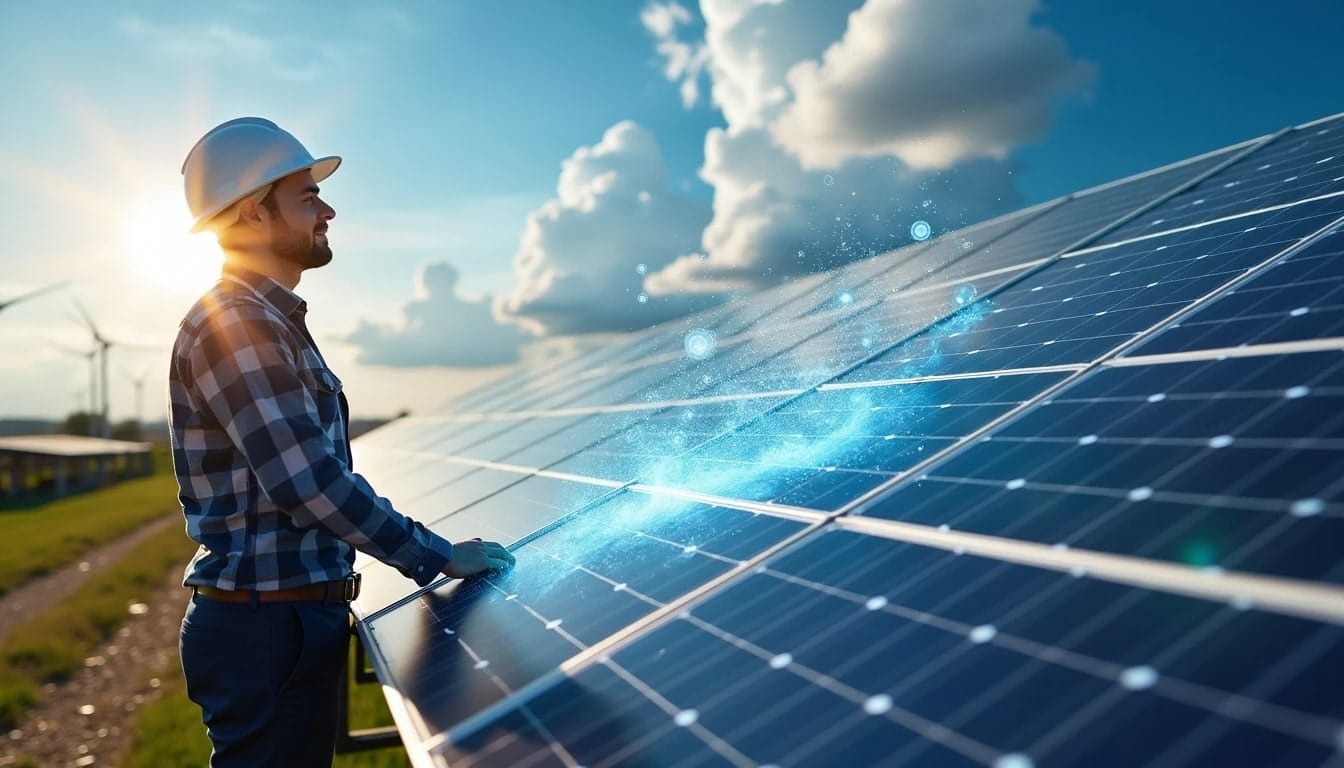In its commitment to achieving a 100% carbon-free energy supply 24 hours a day by 2030, Google has intensified its efforts in the Asia-Pacific region through innovative clean energy agreements and strategic partnerships. With an additional 275 megawatts of clean generation capacity and an ambitious 1-gigawatt solar energy project in Taiwan, the company aims to accelerate the transition towards decarbonization in the region.
Overcoming Local Challenges
Each country in the Asia-Pacific presents specific conditions that require tailored solutions to drive electrical decarbonization. In Japan, where land is limited, Google has worked with local partners to develop a network of small solar plants distributed across various available sites. These facilities, while smaller in size, aggregate to supply energy for Google’s data centers and offices in the country, representing a replicable model in other areas with similar space constraints.
On the other hand, in Singapore, where natural sources of clean energy are scarce, Google has opted to innovate by purchasing electricity from a biomass plant, the first of its kind, which uses household waste resources and is equipped with technology to capture and reuse carbon dioxide. This approach increases energy efficiency, producing up to six times more electricity compared to a similarly sized solar plant, optimizing space use in a densely populated territory.
Partnerships for Shared Goals
Google recognizes that achieving the goal of carbon-free energy 24/7 requires cross-sector collaboration. In Australia and India, the company has established structured contracts with multiple partners, expanding the availability of clean energy on the grids of each country and benefiting its data centers in key cities such as Melbourne, Sydney, Mumbai, and Delhi NCR.
Furthermore, in Taiwan, Google has established an agreement to provide part of its clean energy capacity to its semiconductor suppliers and manufacturers in the region, helping them also meet their sustainability goals. This strategy not only reduces Scope 3 emissions, which are indirect emissions from its value chain, but also strengthens the impact of its sustainability efforts beyond its own operations.
Driving Policies for Clean Energy
In addition to commercial projects, Google supports policies that facilitate the adoption of clean energy in the Asia-Pacific. As a founding member of the Asia Clean Energy Coalition (ACEC), Google collaborates with energy buyers, suppliers, and policymakers to drive regional interconnection through the ASEAN Power Grid, while also promoting a broader offering of clean energy and diversified procurement options.
The combination of infrastructure projects, strategic partnerships, and policy support has allowed Google to turn energy challenges into opportunities, advancing towards a cleaner future in the Asia-Pacific. This comprehensive approach demonstrates how collaboration and innovation can make a region powered by clean and sustainable energy possible.

